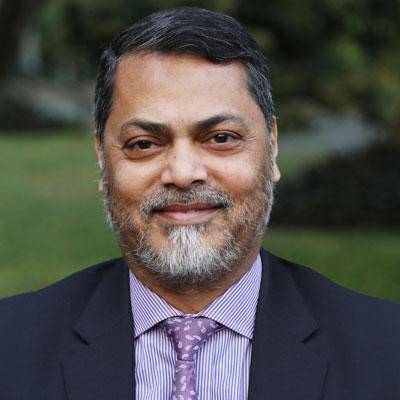Just seven months ago, Sweden's Handelsbanken was worth almost $20 billion less than Deutsche Bank. This month, it eclipsed Germany's flagship lender.
Its market value has held up as concerns over negative interest rates and bad debts, along with spiralling macro-economic worries, have seen other European lenders slide this year.
Handelsbanken epitomises a more conservative Nordic banking style that prioritises cost control over revenue growth. It pays no annual bonuses to executives and has a decentralised model that gives branch managers control over lending, which it says helps reduce bad loan risks.
It had an efficiency ratio - a measure of a bank's operating costs as a percentage of its revenue - of 45.3 percent in 2015. By comparison, Deutsche Bank had 115.3 percent and BNP Paribas 82.9 percent.
Former Swedish Finance Minister Anders Borg has lauded its approach, calling for more "boring" banking based on borrowing and lending over the risk-taking and expansionist policies in the global industry that helped cause the 2008 financial crisis.
"I wouldn't use the word boring, but we don't want any surprises," Handelsbanken finance chief Ulf Riese told Reuters. "The one risk we do like to take is credit risk because we know our customers so well and have such a local presence."
Nordic banks' relatively conservative approach to risk and cost control has sheltered them somewhat from the turbulence across the continent; while the European banking index had dropped more than 20 percent this year, as of 0800 GMT on Friday, the six major Nordic banks were down on average about 8 percent.
Handelsbanken has fallen just 1 percent this year, giving it a market value of about $24.5 billion on Friday, topping Deutsche Bank's $23.8 billion. At the beginning of August it was worth around $28.5 billion against Deutsche's $48 billion.
The six Nordic lenders - also including Sweden's Nordea , Swedbank and SEB, Norway's DNB and Denmark's Danske Bank - made a combined net profit of 13.2 billion euros ($14.6 billion). Handelsbanken reported the biggest profit in its 144-year history.
They have all slashed costs as they sought to recover from the crisis and navigate negative interest rates; Sweden and Denmark were among the first countries to introduce such rates.
Danske for example has reduced the number of branches to about 300 in 2015 from almost 800 in 2008 while Swedbank plans to cut costs by a tenth this year compared with 2014. Many have moved parts of their operations from city centres to the cheaper suburbs and invested heavily in digitalisation, allowing them to cut staff. Nordea held one in seven customer meetings online in the fourth quarter.
"We have argued for a long time that Nordic banks, Swedbank and Nordea in particular, have been the canaries in the coal mine," said Adam Barrass, banking analyst at Berenberg bank. "They have shown the path that you should follow in a negative rate environment or as net interest margins get squeezed."
News:The Daily Star/22-Feb-2016




